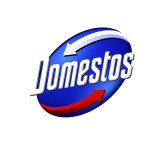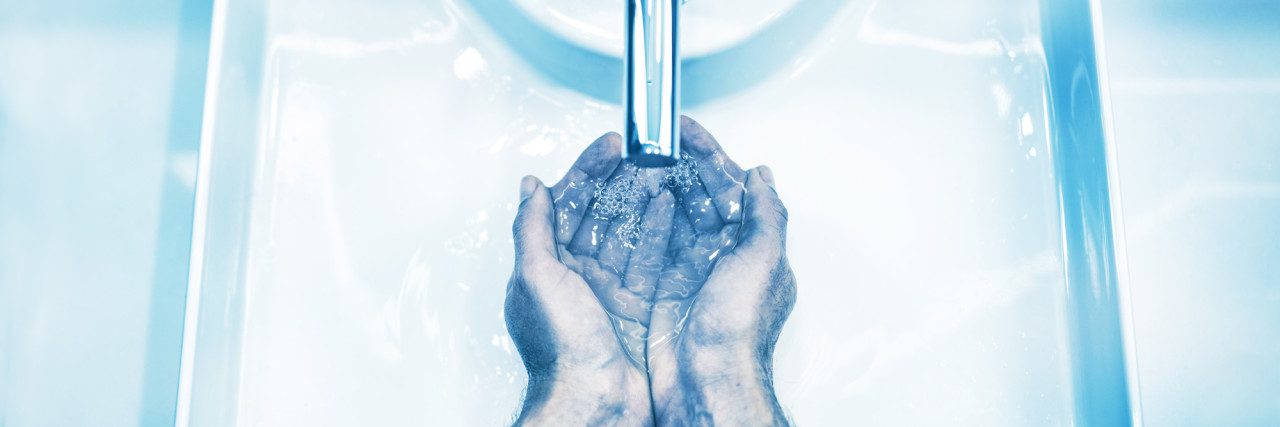Is it the flu?
Coronaviruses are a large family of viruses affecting both animals and humans, ranging from the common flu to more serious respiratory diseases like SARS, and COVID-19.
Why are there several names for it?
You might see various references to Coronavirus, such as SARS-CoV-2 and COVID-19. The virus itself is called SARS-CoV-2 and is responsible for causing the COVID-19 disease. COVID-19 is shorthand for Coronavirus Disease 2019 (when the disease was first discovered).
How does handwashing stop the spread of the virus?
Coronaviruses are part of a family of enveloped cells, which means that they’re wrapped in a protective layer of lipids (fat) and proteins. Washing your hands with soap, or disinfecting them with hand sanitizer, are effective ways to dissolve the viruses’ protective envelope which then exposes and kills the virus.
Why is it vital to disinfect surfaces?
According to National Institutes of Health studies, Coronavirus can live for up to 2-3 days on plastic and stainless steel surfaces. Since these materials make up many of the things which we regularly touch on a day to day basis, such as light switches and taps, it’s vital to disinfect surfaces to reduce the possible risk of transmission between people. This is why the World Health Organisation (WHO) advises the use of diluted Sodium Hypochlorite (bleach) at 0.5% to regularly disinfect frequently touched surfaces such as door handles, kitchen surfaces, and bathroom surfaces.
Further studies to help us understand more about how the virus transmits across surfaces are being conducted every day, so it’s important to keep up to date and follow the guidance. You can keep up to date through the Centres for Disease Control & Prevention (CDC) or the WHO.
Can Domestos kill Coronavirus?
Unilever’s Domestos Bleach is highly effective in combating most of the pathogens that cause diseases with 99.9% germ kill. The latest advice from the World Health Organisation (WHO) is to use diluted Sodium Hypochlorite (bleach) at 0.5% as the recommended solution for disinfection of frequently touched surfaces in homes and healthcare facilities – especially those housing patients with suspected or confirmed cases of SARS-CoV-2 infection.
Good disinfection procedures (e.g. using sodium hypochlorite @5000ppm/0.5% or 70% ethanol-based cleaners) are expected to be effective against all enveloped viruses and for inactivating SARS-CoV-2. However, the specific strain of virus responsible for causing the current Coronavirus pandemic is not yet available for commercial testing. None the less, all Domestos Bleach products contain between 0.5% and 4.5% Sodium Hypochlorite and given the structural similarities of the COVID-19 virus to the Coronavirus strains tested previously (SARS-CoV, MERS-CoV, Human Coronavirus), and based on the evidence available to us, we would expect our Domestos bleach to be effective against the new strain.
Definitive scientific confirmation of this, as with all other commercially available virucides, can only be provided once testing against COVID-19 Coronavirus has been conducted, following release of the strain by relevant health authorities.
How does Coronavirus spread?
Coronavirus is thought to be primarily spread between people who are in close contact with one another (within about 2 metres), through respiratory droplets produced when an infected person coughs or sneezes. The virus is also thought to be passed on through surface transmission, when touching a surface or object that has some respiratory droplets on it and then touching your own face, mouth, nose, eyes, or someone else.
However, this is not thought to be the primary way the virus spreads. The experts are learning more about this new virus every day, and you can keep up to date through the CDC or the WHO.
What are the symptoms of Coronavirus?
According to the NHS online, the main symptoms of Coronavirus are:
A high temperature - This means that you feel hot to the touch on your chest or back (though you do not necessarily need to measure your temperature with a thermometer).
A new, continuous cough - This means coughing a lot for more than an hour, or 3 or more coughing episodes in 24 hours (if you usually have a cough, it may be worse than usual)
You should stay home if you experience any of these symptoms. Do not go to a GP surgery, pharmacy, or hospital, and instead use the 111 online Coronavirus service to find the latest advice on what to do.
How can I protect my family from Coronavirus?
Wash your hands frequently with soap and water, for at least 20 seconds and avoid touching your face, eyes, nose, or mouth as much as possible. Watch an expert demonstrate how to properly wash your hands here.
At home, be vigilant about cleaning and disinfecting frequently touched surfaces with chemical based disinfectants which contain Sodium Hypochlorite at 0.5% (5000ppm), or 70% ethanol, to kill the virus and reduce the possible risk of transmission.
Practice social distancing – remain at least two meters away from other people and greet others with a smile or nod instead of touching them (for example through a handshake).
It's good to know that all Domestos Bleach products contain between 0.5% and 4.5% Sodium Hypochlorite, which is above the WHO recommended level for disinfecting your home. Remember to always follow the instructions on the back of your bleach bottle. Cleanipedia has further information surrounding how to protect you and your family from Coronavirus.
Read more on protecting your family at home.
Find the latest information about the spread of the SARS-CoV-2 virus from WHO. General advice about basic protective measures against the new Coronavirus can also be found on CDC website.

